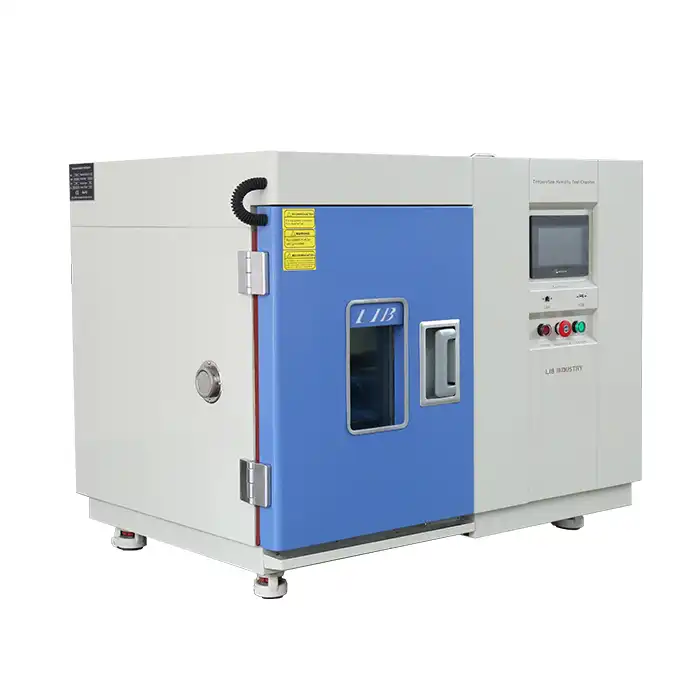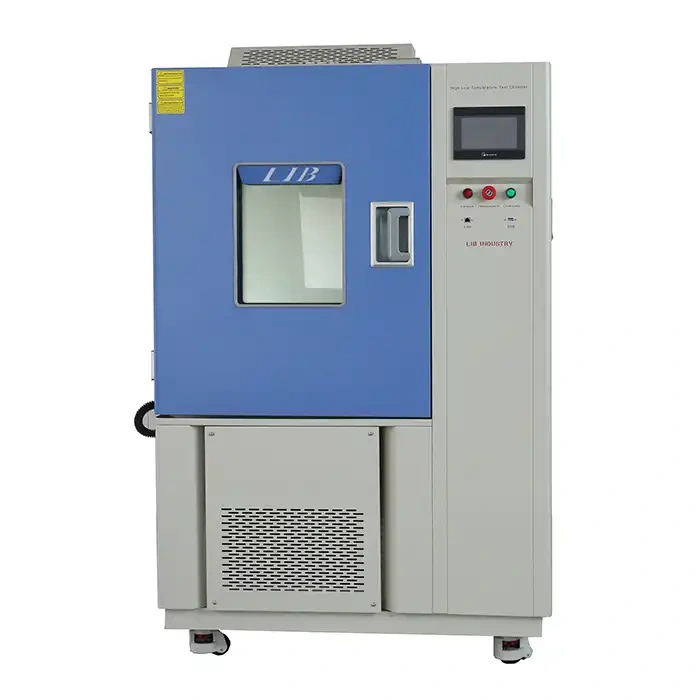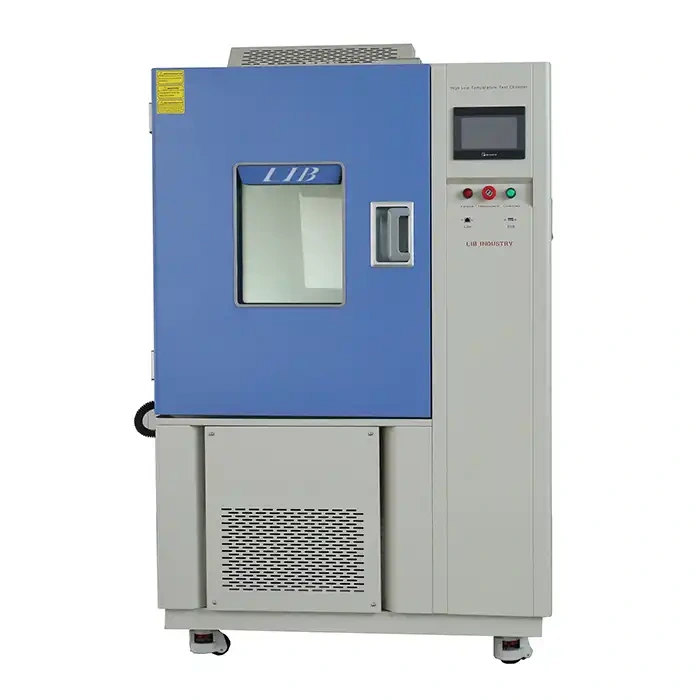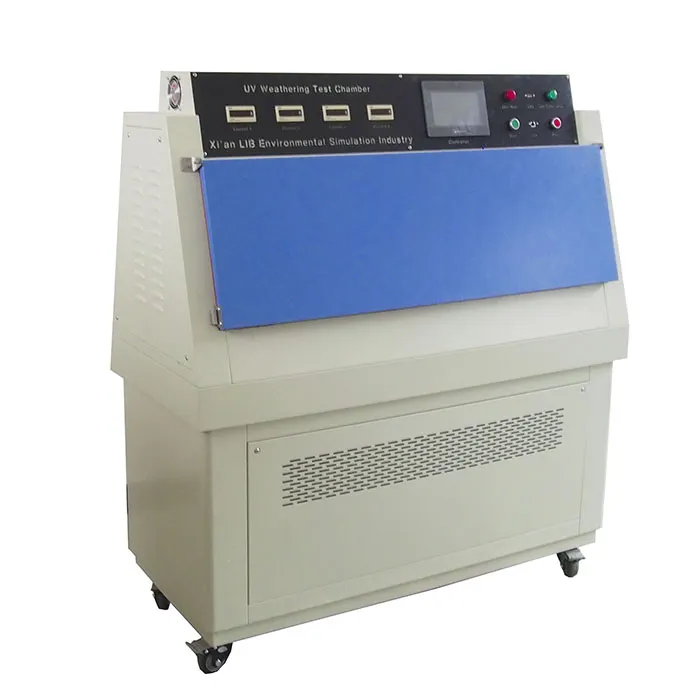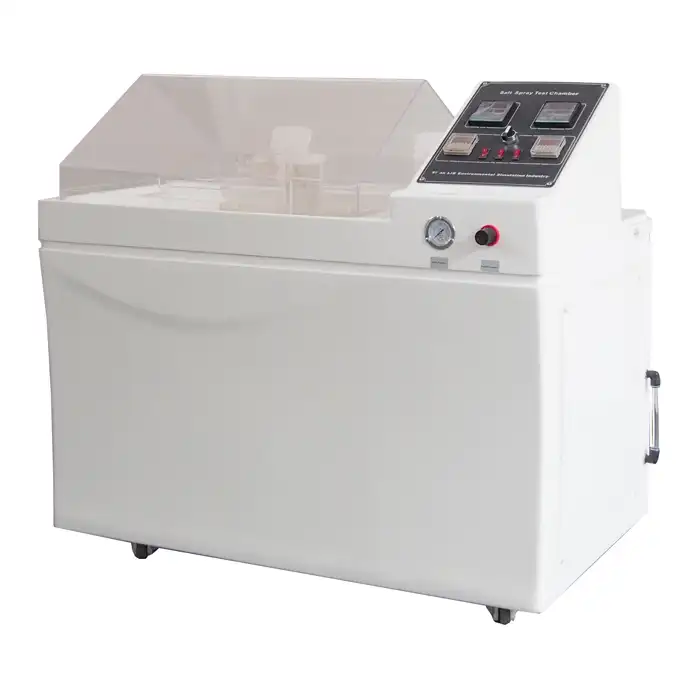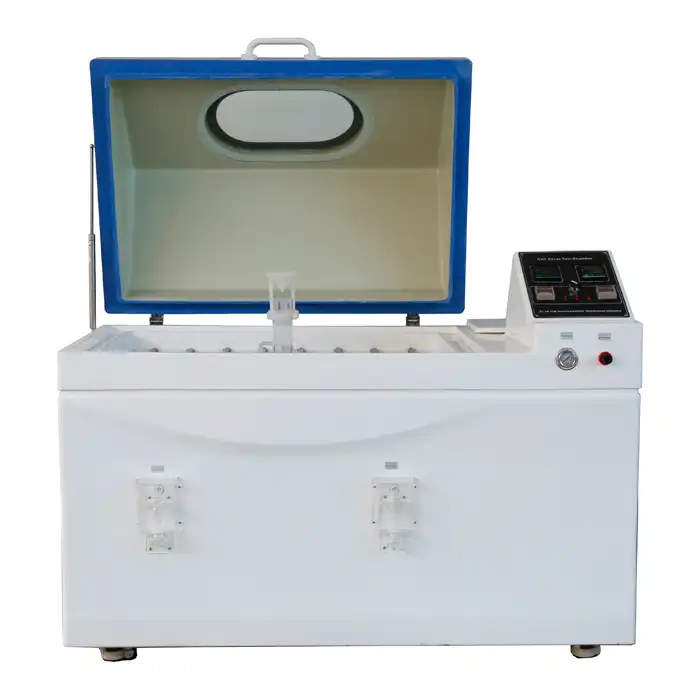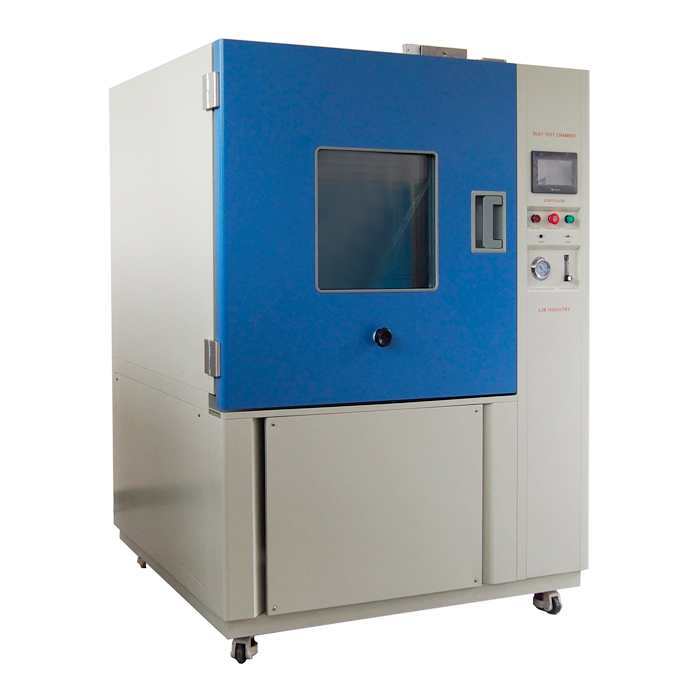What is the difference between benchtop and full-size humidity test chambers?
Environmental testing plays a crucial role in ensuring product quality and reliability across various industries. Among the essential tools for this purpose are humidity test chambers, which come in different sizes and configurations to suit diverse testing needs. This article delves into the key differences between benchtop humidity test chambers and full-size humidity test chambers, helping you understand which option might be best for your specific requirements.

Understanding Humidity Test Chambers
The Purpose of Humidity Testing
Humidity test chambers are specialized equipment designed to simulate various environmental conditions, particularly those involving moisture and temperature. These chambers allow manufacturers and researchers to assess how products or materials respond to different humidity levels, ensuring their performance and durability in real-world scenarios.
Key Components of Humidity Test Chambers
Regardless of size, humidity test chambers typically consist of several essential components. These include a temperature control system, a humidity generation unit, sensors for monitoring conditions, and a programmable controller for managing test parameters. Understanding these components is crucial for appreciating the differences between benchtop and full-size models.
Applications Across Industries
Humidity test chambers find applications in numerous sectors, including electronics, automotive, aerospace, pharmaceutical, and materials science. They are indispensable for product development, quality control, and regulatory compliance testing, underscoring the importance of selecting the right type of chamber for specific testing needs.
Benchtop Humidity Test Chambers: Compact and Versatile
Size and Portability
Benchtop humidity test chambers, as the name suggests, are designed to fit on a standard laboratory bench or table. Their compact size makes them ideal for environments where space is at a premium. These chambers typically have internal volumes ranging from a few liters to about 100 liters, offering a balance between capability and space efficiency.
Capacity and Sample Size
While smaller than their full-size counterparts, benchtop humidity test chambers are capable of accommodating a variety of test samples. They are particularly well-suited for testing small to medium-sized components, circuit boards, or material samples. The reduced capacity allows for faster temperature and humidity changes, which can be advantageous for certain types of tests.
Energy Efficiency and Cost-Effectiveness
One of the notable advantages of benchtop humidity test chambers is their energy efficiency. Due to their smaller size, they require less power to operate and maintain set conditions. This not only translates to lower running costs but also makes them a more environmentally friendly option for laboratories and small-scale testing facilities.
Full-Size Humidity Test Chambers: Capacity and Capability
Expansive Testing Space
Full-size humidity test chambers offer significantly larger internal volumes, typically ranging from several hundred liters to several cubic meters. This expansive space allows for testing of larger products or multiple items simultaneously. Industries dealing with bulky equipment, automotive components, or large batches of products often find full-size chambers indispensable.
Advanced Control Systems
Full-size humidity test chambers often come equipped with more sophisticated control systems. These advanced features allow for precise regulation of temperature and humidity levels across a larger volume, ensuring uniform conditions throughout the chamber. Additionally, they may offer more complex programming options for conducting elaborate test sequences.
Integration with Production Lines
Many full-size humidity test chambers are designed with the capability to integrate seamlessly into production lines. This feature is particularly valuable for industries requiring continuous or high-volume testing. The ability to automate the testing process as part of a larger production workflow can significantly enhance efficiency and throughput.
Making the Right Choice: Factors to Consider
Assessing Your Testing Requirements
When deciding between a benchtop humidity test chamber and a full-size model, it's essential to carefully evaluate your specific testing needs. Consider factors such as the size and quantity of items you need to test, the frequency of testing, and the level of precision required. Benchtop models excel in scenarios requiring frequent testing of smaller items or when space is limited, while full-size chambers are ideal for larger products or high-volume testing.
Space and Infrastructure Considerations
The available space in your facility plays a significant role in the decision-making process. Benchtop humidity test chambers offer flexibility in terms of placement and can be easily relocated if needed. Full-size chambers, on the other hand, require careful planning for installation and may necessitate modifications to your existing infrastructure to accommodate their size and power requirements.
Budget and Long-term Cost Analysis
While benchtop humidity test chambers generally have a lower initial cost, it's important to consider long-term expenses as well. Full-size chambers, despite their higher upfront investment, may prove more cost-effective in the long run for businesses with high-volume testing needs. Consider factors such as energy consumption, maintenance requirements, and potential future expansion of your testing capabilities when making your decision.
Conclusion
The choice between benchtop and full-size humidity test chambers ultimately depends on your specific testing requirements, available space, and budget considerations. Benchtop humidity test chamber offer versatility, energy efficiency, and cost-effectiveness for smaller-scale testing, while full-size chambers provide the capacity and advanced features necessary for larger products or high-volume testing operations. By carefully evaluating your needs and understanding the strengths of each option, you can make an informed decision that enhances your testing capabilities and contributes to the overall quality and reliability of your products.
Contact Us
For more information about our range of humidity test chambers and to find the perfect solution for your testing needs, please contact us at info@libtestchamber.com. Our team of experts is ready to assist you in selecting the ideal equipment to meet your specific requirements and ensure the success of your environmental testing processes.
References
1. Smith, J. (2023). "Comparative Analysis of Benchtop and Full-Size Environmental Test Chambers." Journal of Environmental Testing, 45(2), 112-128.
2. Johnson, A., & Brown, L. (2022). "Advancements in Humidity Control Systems for Modern Test Chambers." Environmental Testing Technology, 18(4), 234-249.
3. Lee, S., et al. (2021). "Energy Efficiency in Environmental Testing: A Study of Benchtop vs. Full-Size Chambers." Sustainable Testing Practices, 7(3), 301-315.
4. Williams, R. (2023). "Integration of Full-Size Humidity Chambers in Automated Production Lines." Industrial Testing Quarterly, 32(1), 56-70.
5. Garcia, M., & Thompson, K. (2022). "Cost-Benefit Analysis of Humidity Test Chamber Selection for Small to Medium Enterprises." Journal of Quality Assurance, 29(2), 178-192.
6. Chen, H. (2021). "Precision and Uniformity in Large-Scale Humidity Test Chambers: Challenges and Solutions." Advanced Materials Testing, 13(4), 412-426.



